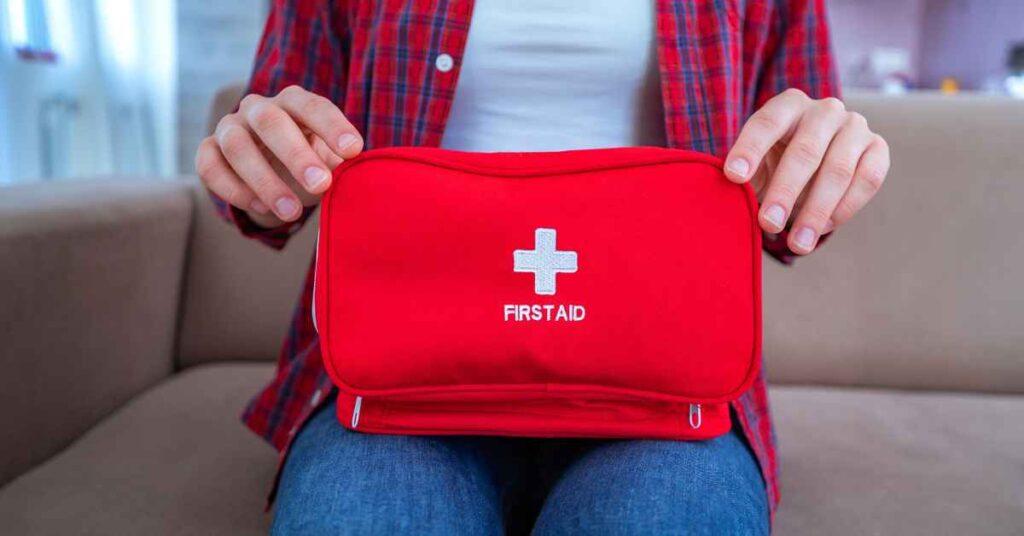
A standard first aid kit can handle everyday cuts, scrapes, and minor injuries, but when it comes to specialized environments like schools, industrial sites, or sports facilities, a one-size-fits-all approach isn’t enough.
These settings come with unique risks that demand more than bandages and antiseptic wipes, they require a customized response.
Why Customization Matters
Different environments pose different hazards. A school might need supplies for playground injuries or asthma attacks, while a warehouse might require burn care, eye wash stations, and trauma pads. Tailoring your kits ensures that you’re prepared for the most likely emergencies in your setting, improving safety and response times.
Customized kits also show that your organization is proactive about health and safety. In regulated environments, having the appropriate supplies in place is often a compliance requirement. But beyond legal obligations, it’s about peace of mind for staff, parents, employees, and the public.
Custom First Aid for Schools
In an educational setting, kids are constantly on the move. From scraped knees on the playground to allergic reactions in the lunchroom, school staff need quick access to a range of medical supplies.
In addition to the usual bandages and antiseptics, school kits often include pediatric supplies, instant cold packs, epinephrine auto-injectors, and gloves sized for smaller hands. Some schools also stock basic dental first aid tools or tools for managing nosebleeds and minor head injuries.
Kits Designed for Industrial Sites
Manufacturing and construction sites are high-risk areas where serious injuries can occur. Burns, chemical exposure, lacerations, and eye injuries are just a few of the possibilities. A customized kit for this type of environment might include burn gel, splints, trauma dressings, and specialized eye rinse solutions.
These kits are typically more robust, stocked in larger quantities, and packaged in durable, weather-resistant containers to handle harsh conditions.
These workplaces may also require lockable or wall-mounted first aid stations, which fall under the broader category of emergency medical & healthcare products. By working with a trusted supplier, organizations can create a kit that complies with industry regulations and is tailored to their specific hazards.
Sports Facilities Need Fast-Acting Care
Athletic environments are another area where custom kits make a difference. Muscle strains, sprains, fractures, and dehydration-related issues are common. A standard kit won’t include the wraps, cooling sprays, electrolyte solutions, or finger splints athletes often need.
Coaches and trainers can benefit from tailored kits that prioritize mobility and speed, giving them fast access to care without missing a beat on the field.
Partnering With the Right Supplier
When choosing or building a custom first aid kit, it’s important to work with suppliers who understand both the industry and the environment. They should offer guidance on inventory, refills, and compliance. Look for providers who specialize in medical equipment and understand how your workplace functions day-to-day.
By customizing your first aid kits, you’re not just checking off a safety box; you’re making a clear investment in preparedness, staff confidence, and well-being.

